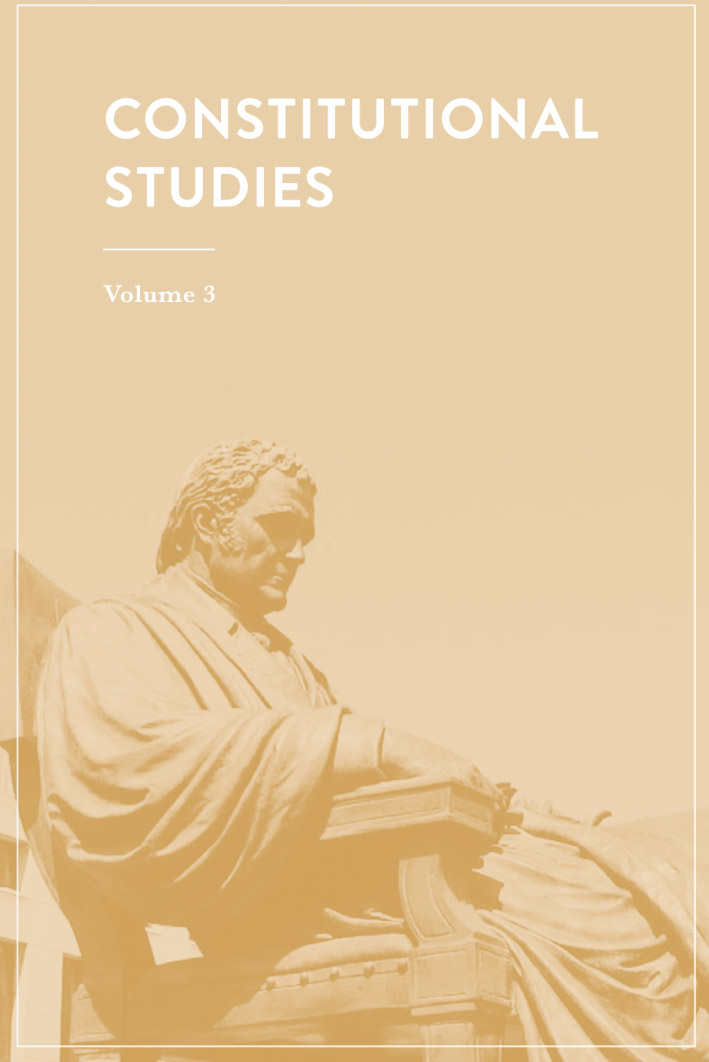 The Freedom From Religion Foundation advocates for our Constitution every day. It is, as we regularly point out, a godless Constitution. But every now and then, we encounter theocrats or Christian nationalists who thinks they’ve found a savvy rejoinder: God is in the Constitution. What they intend to argue is that their god wormed his way into the date that appears on the parchment, “the Seventeenth Day of September in the Year of our Lord one thousand seven hundred and eighty seven.”
The Freedom From Religion Foundation advocates for our Constitution every day. It is, as we regularly point out, a godless Constitution. But every now and then, we encounter theocrats or Christian nationalists who thinks they’ve found a savvy rejoinder: God is in the Constitution. What they intend to argue is that their god wormed his way into the date that appears on the parchment, “the Seventeenth Day of September in the Year of our Lord one thousand seven hundred and eighty seven.”
Christian nationalists and pious politicians use that dating protocol to argue that the United States is a Christian nation and to push legislative initiatives that promote religion. For instance, last year, the Kentucky Legislature resolved to complete all of its business “in the Year of our Lord” because it wanted to “follow the lofty example set in the U.S. Constitution.”
Andrew L. Seidel, FFRF’s director of strategic response and a constitutional attorney, who wrote to the Kentucky Legislature to explain its error, tired of hearing this misguided claim and decided to write up the problem in a more scholarly fashion. The resulting article was recently featured in the latest volume of Constitutional Studies. The journal is brought out twice annually by the University of Wisconsin and is affiliated with the Center for the Study of Liberal Democracy. It is the first solo article of this kind that an FFRF attorney has published.
Seidel’s article, “Dating God: What Is ‘Year of Our Lord’ Doing in the U.S. Constitution?” examines the legal and historical significance of the lordly date by piecing together how exactly it was added to the parchment during the Constitutional Convention, who added it, and what significance it may have had for the delegates and scribe. The article also traces the origins of the argument that the “Year of our Lord” phrasing is consequential to a preacher writing half a century after the Constitution was drafted.
The well-researched article is an interesting blend of history, law and detective work. Seidel examines the evolution of the various drafts of the Constitution, pointing out that the pious date appeared on none. There are other dates within the Constitution itself, but none contains religious language.
Seidel also explains that the date reference is not actually part of the Constitution. The legal document ends after Article VII, the attestation clause, to which the date was added. It is not part of the Constitution itself. This is well recognized among scholars. As Seidel clarifies, “When you sign a contract, that signature is attesting to your consent — it is not part of the terms of the contract. The signatures and dates are not part of the Constitution itself.”
“The bottom line is that this curious little appendage has no legal significance and it’s unlikely the founders even knew it was there,” says Seidel. “The first time any one argued that it had religious significance was a preacher writing nearly 50 years after the Constitutional Convention,” he added.
Seidel has lain that argument to rest.

